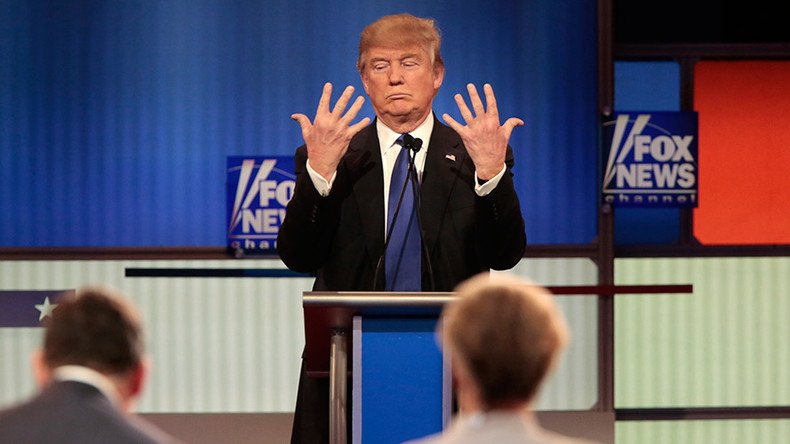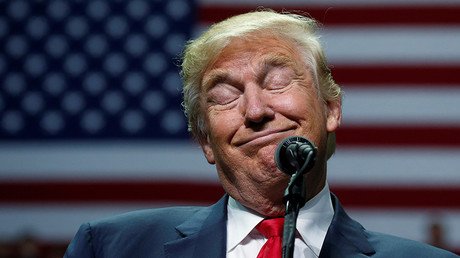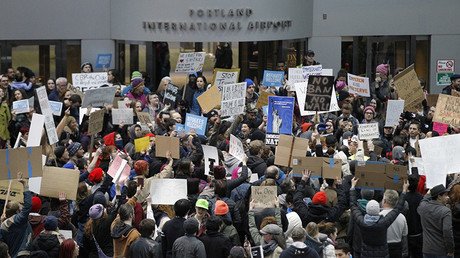What will Trump’s ‘respect’ for Putin mean for US-Russia relations?

If Trump remains on the path towards better relations with Russia, the US military industry and conservative EU and NATO governments may create provocations to force him back in line, says Lode Vanoost, former deputy speaker of the Belgian parliament.
US President Donald Trump says he respects Russian President Vladimir Putin and would welcome any assistance from Moscow in the fight against ISIS. The comments were made in an interview with Fox News.
Earlier this week, the US Treasury amended restrictions on business transactions with the Russian Federal Security Service (FSB) imposed over the alleged hacking of America's presidential election. However, Donald Trump and his White House spokesperson refused to call the move an easing of sanctions.
Lode Vanoost, former deputy speaker of the Belgian parliament, says it is too early to be optimistic about possible changes in US policy. Besides, he told RT, it may even be “dangerous” if Trump remains firm in his intentions to improve relations with Moscow, as there might be provocations by opponents of the thaw.
In an interview to be aired later on Sunday, Fox News host Bill O’Reilly called Vladimir Putin “a killer.” Trump responded: “There are a lot of killers. We’ve got a lot of killers. What, do you think our country is so innocent?”
RT asked Vanoost whether he was surprised by the answer.
“It was not surprising that he repeats what he has said before, even in 2015. But now, as a sitting president, that is indeed a historical precedent,” he said. Despite that comment, he added, Trump remains “as unpredictable and unreliable as before.”
“Basically, what Trump is doing – is applying the same moral principles to the US as he applies to other countries. That is indeed without precedent in US political culture. Does it make him a good president? Far from it. Does that mean that relations with Russia will improve? We do not know yet. This does not change anything,” he explained.
As for the president’s remark about the US not being innocent, “what comes to mind is what Trump was saying during his campaign... he put a lot of question marks on the activities of the US Army in the Middle East,” Vanoost said.
“Whether he is going to change that – remains to be seen,” he said. Vanoost thinks that recent US drone attacks in Yemen were “a repeat of the Obama policy.”
“Personally, I don’t believe that the whole basis of the US foreign policy to remain dominant in the world economically, militarily, and politically will change. It will not change,” he told RT. “It could be quite dangerous, because if he remains on the path towards better relations with Russia, my fear is that the armaments industry in the US, all conservative governments in the EU and NATO, that they will create provocations to force him back in line.”
UKIP MEP for Wales Nathan Gill, on the contrary, argues that Trump is “signaling that the US policy is going to change.”
“What Trump is doing now is he is saying that the foreign policy of the US is wrong and has been wrong,” he told RT.
“I think it is very brave of him to recognize that America has been going along this interventionist path which has led to huge problems throughout the world. Not just in the region of the Middle East: in Afghanistan, Libya, Iraq of all being foreign policy disasters. They’ve cost the US taxpayers a huge amount of money. And what he’s saying now is “let’s sort out this problem of ISIS and if we need allies in doing this, then we will do deals with people who are willing to fight,” he added.
The statements, views and opinions expressed in this column are solely those of the author and do not necessarily represent those of RT.














